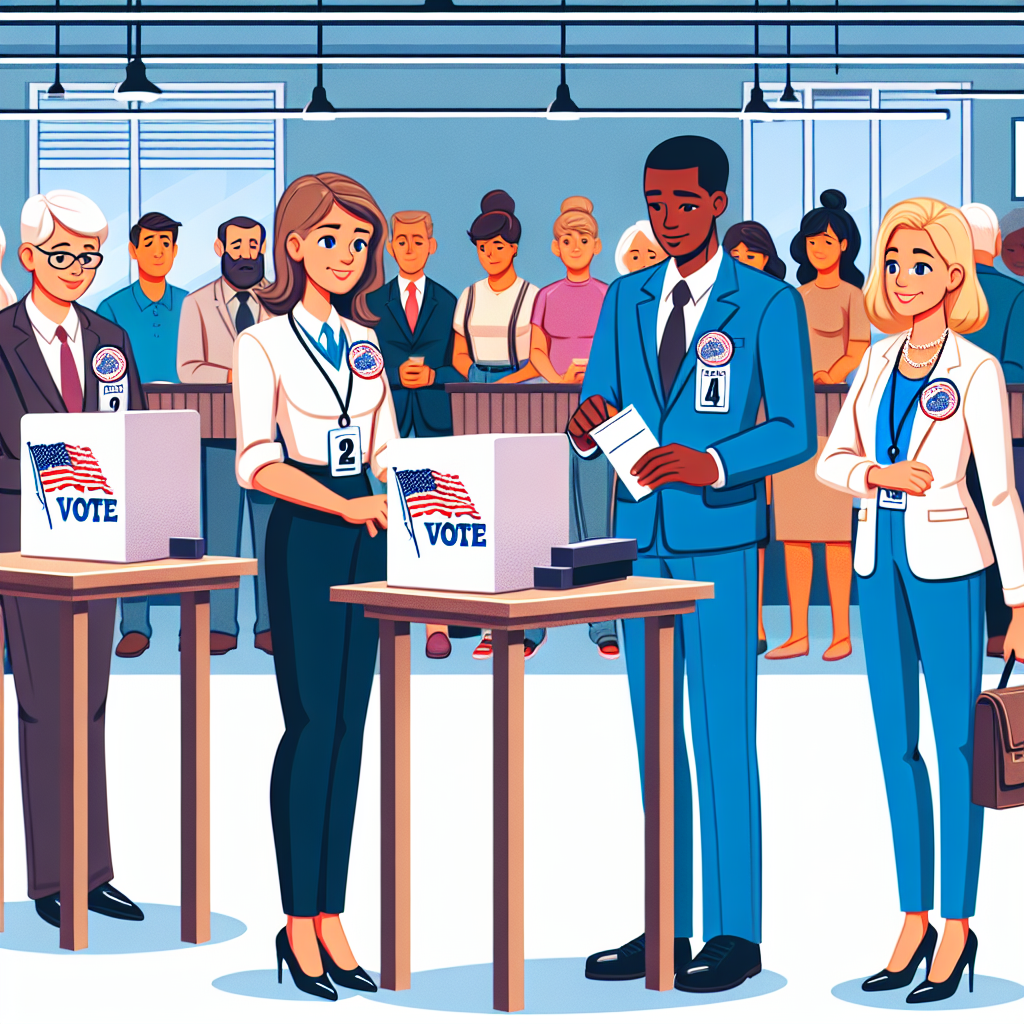Germany's February Election: Parties, Polls, and Policies
Germany is gearing up for a snap national election on February 23 following the collapse of Chancellor Olaf Scholz's coalition. The main contenders include the SPD, CDU/CSU, Greens, AfD, FDP, Linke, and BSW. Key issues involve Ukraine support, economic revival, migration policies, energy solutions, and relations with the Trump administration.

Germany is set for a decisive national election on February 23, following the collapse of Chancellor Olaf Scholz's coalition. The outcome could reshape the political landscape, with main contenders being SPD, CDU/CSU, Greens, AfD, FDP, Linke, and BSW.
Polls indicate the conservatives lead with 30%, followed by AfD at 22%, SPD at 17%, Greens at 12%, and BSW at 6%. Key election issues span from Ukraine support, economic revival, energy strategies, and migration policies to ties with the U.S. under Trump's administration.
The conservatives face challenges within their ranks over migration policy and their leader's propensity for gaffes. Meanwhile, Scholz's SPD targets infrastructure improvements and tax incentives, contrasting with CDU's proposed tax cuts. Energy policy sees SPD and Greens backing renewables, while AfD pushes for coal reliance.
(With inputs from agencies.)










